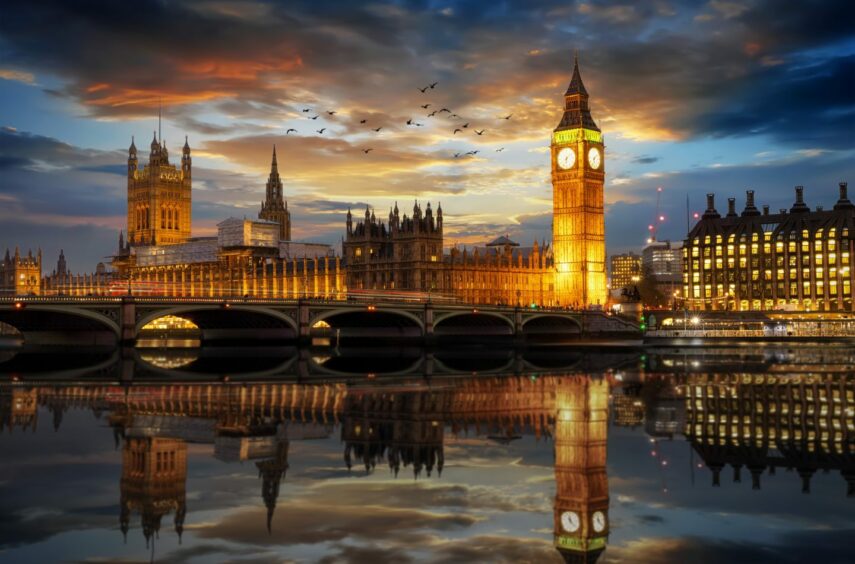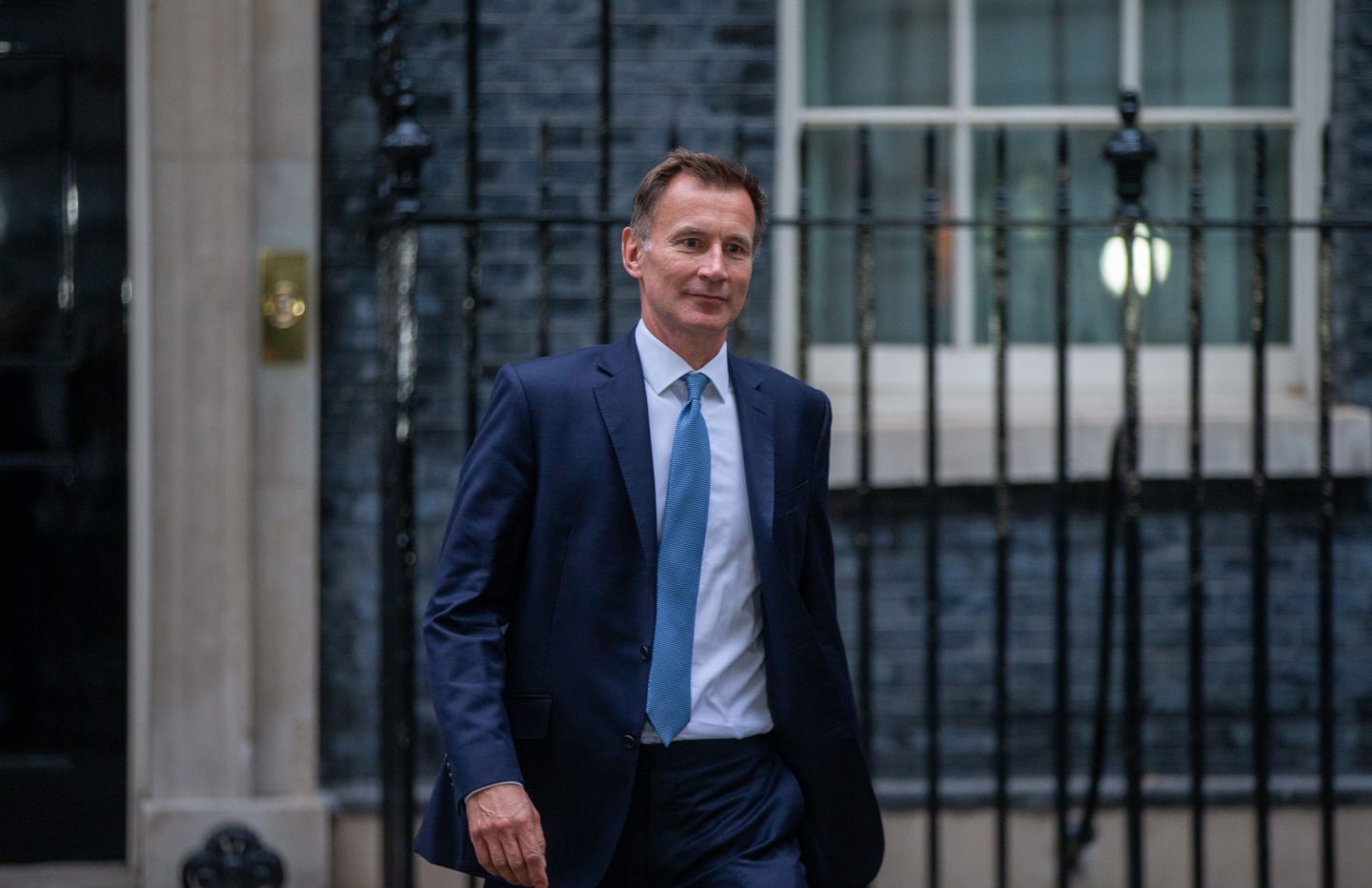
With an expected surge in the windfall tax in today’s Autumn Budget, North Sea industry executives have set out their key asks for chancellor Jeremy Hunt.
Speaking to Energy Voice, a senior industry source set out key points the Treasury needs to consider for the levy, if it is changed today.
It is broadly expected Jeremy Hunt will increase the levy for UK operators by up to 10% – taking the headline tax rate to 75% – and introduce a similar levy for electricity generators.
This comes amid surging inflation costs for households, and a need to fill a reported £50bn fiscal black hole in the UK’s coffers.
Hunt is also expected to extend the period of the Energy Profit Levy (EPL) “sunset clause” from 2025 to 2028.
It’s only been six months since the original tax was introduced, and the underlying ask is “no more tax changes after this one”.
Protecting the investment allowance – currently at a 91% return – while extending the sunset clause is among the key points of note.
Introducing an investment allowance for clean tech like carbon capture and storage (CCS), and recognising a disproportionate impact on independents from the levy, are also among the calls being made to the chancellor.
Without these, there risks a “flight of capital” from the UK, they said, while banking firm Investec has warned the planned tax increase could see “rapid production decline” and accelerated decommissioning.
The points from industry are set out as follows:
1. Global energy investors are watching UK closely as they make decisions on new & traditional investments…
-Vital the duration of the Investment Allowance (IA) – which enables companies to continue investing in UK North Sea during higher tax period – is also extended to 2028, or investment in energy security and low carbon developments will be lost;
-With strong competition for capital, global companies – responsible for much of the UK’s energy investment – can choose where to deploy their cash … Government must strike a careful balance to prevent flight of capital from the UK.
-New capital is also in short supply, and while energy companies are seeing higher returns at present, new projects need to be funded from existing cash flows and take many years to develop;
-IA should be extended to support development of CCS projects which require significant investment … with the additional benefit of extending life of existing North Sea infrastructure and producing further supplies of much-needed domestic oil and gas to support energy security.
2. Fiscal stability outweighs actual tax rate…
-Energy companies expect to pay higher taxes in times of higher profits but stable, predictable tax regime is crucial for investors to have confidence to deploy capital in UK.
-Frequent changes will push investment elsewhere e.g Norway has high headline tax rate but an investment allowance which enables investors to recycle capital from existing projects into new ones;
3. EPL is having a disproportionate impact on O&G independents
-Consideration must also be given to additional mitigations for independents which are at a greater disadvantage than majors who have global reach, as well as lucrative trading arms that aren’t subject to EPL;
-Such independents are responsible for significant proportion of current UKCS domestic production, and for planned investments in new production to support energy security, and low carbon developments, including CCS which is vital for UK Govt’s net zero goals.
4. Energy companies aren’t alone in being beneficiaries of higher commodity prices
-Treasury’s tax-take from the sector so far in 2022 up nearly 700% on 2021. Total 2022 tax take expected to be £12bn from oil and gas sector.
5. Extension of the EPL rate and duration must be the last changes at this time…
-Crucial that Treasury commits to making no further changes to industry tax rate in this period, so investment in long-term projects supporting UK energy security can move forward.
‘Drop in production and rise in decommissioning’
International banking firm Investec said that if the 10% windfall tax surge take place, then there could be a dire impact on business.
In a statement the company said: “Lower investment levels will lead to more rapid production declines, accelerated decommissioning – partly funded by the UK tax payer – with implications for the wider supply chain.”
It would also spur a great reliance on higher emissions imports, Investec said.
As it stands the UK already imports about 50% of its gas needs, historically via Norway and Qatar LNG.
Increasingly it has come from the US, which is usually more carbon intensive, around 7-8 times UK North Sea domestic gas production.
The profits of electricity generators are likely to be raided too, with reports of a possible 40% additional levy on “excess returns”.
According to analysis of Drax and Centrica, conducted by investment bank Jefferies, companies have already “priced in” the hit of any windfall tax.
Recommended for you

 © Supplied by Tayfun Salci/ZUMA Pr
© Supplied by Tayfun Salci/ZUMA Pr